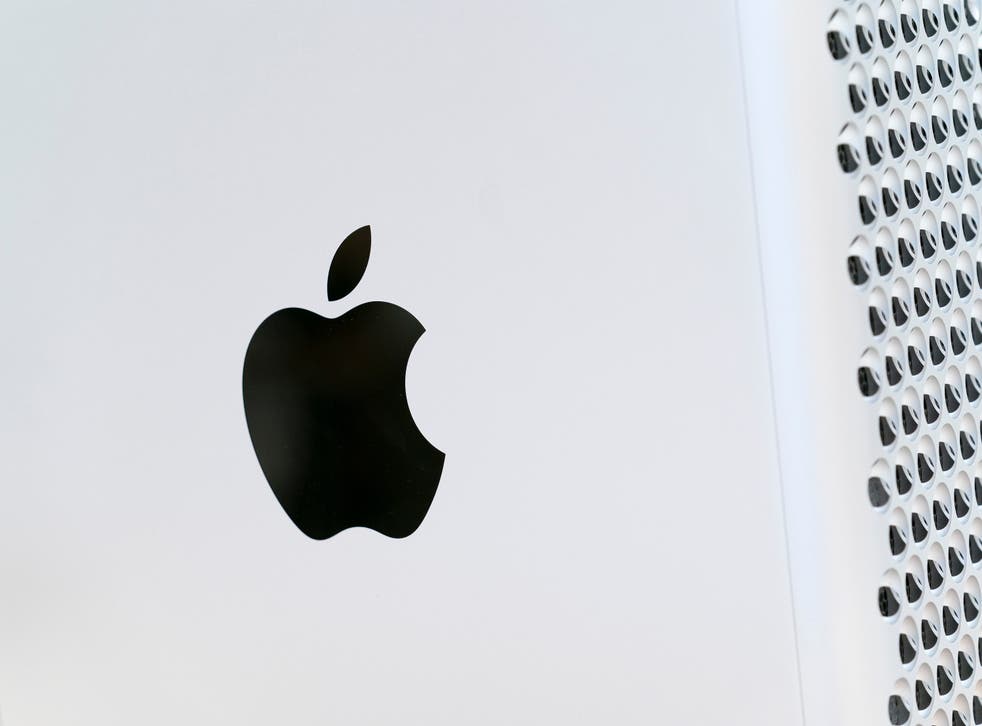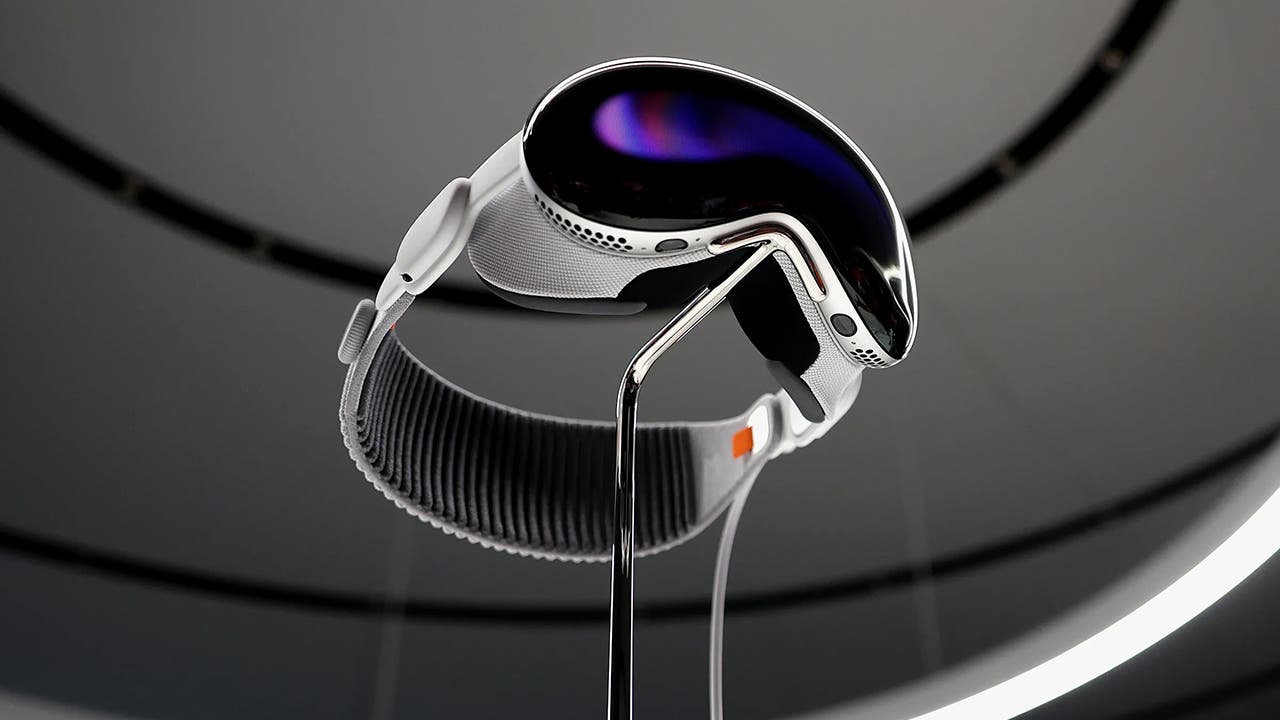
After the spectacular rise and fall (and rebirth) of Glass, Google is taking another run at augmented reality smart glasses.
Google is reportedly working on a standalone Augmented Reality headset that will use new Qualcomm chips. The company has outsourced this headset to Taiwanese computer maker Quanta. According to documents obtained by WinFuture, the project is still in its early stages.
The German tech site reports that the headset is in the early stages of development with Taiwanese computer maker Quanta.  The headset, which is said to be code named the ‘Google A65,’ is supposedly similar to Microsoft’s HoloLens. HoloLens headset came out in 2016 and was aimed at training, design and industrial use. Google’s AR headset which is slated to be self-contained and powered by Qualcomm QCS603 chip, which includes an artificial intelligence programming interface that supports Android Neural Networks, Tensorflow, and other machine learning frameworks.
The headset, which is said to be code named the ‘Google A65,’ is supposedly similar to Microsoft’s HoloLens. HoloLens headset came out in 2016 and was aimed at training, design and industrial use. Google’s AR headset which is slated to be self-contained and powered by Qualcomm QCS603 chip, which includes an artificial intelligence programming interface that supports Android Neural Networks, Tensorflow, and other machine learning frameworks.
In 2013, Google had developed an augmented reality headset called Google Glass, which received a lot of criticism. However, it received a new enterprise version last year. Google Glass is a brand of smart glasses – an optical head-mounted display designed in the shape of a pair of eyeglasses, an headset produced with a mission of producing a ubiquitous computer. While the HoloLens-style headsets is the first self-contained, holographic computer, which enable users to engage with a digital content and interact with holograms in the world around them,which is sometimes called a “mixed reality”.

Although, the headset won’t only operate like a HoloLens, but it will use the same chips. The headset will also include cameras and microphones. However, no release date has been announced yet.
Given the depth and breadth of Google’s experience with AR, from Glass to Tango to ARCore, perhaps Google will apply some lessons learned from previous projects to its latest venture into AR hardware, so it will be interesting to see how Google approaches its augmented reality this time around.
Discover more from TechBooky
Subscribe to get the latest posts sent to your email.







